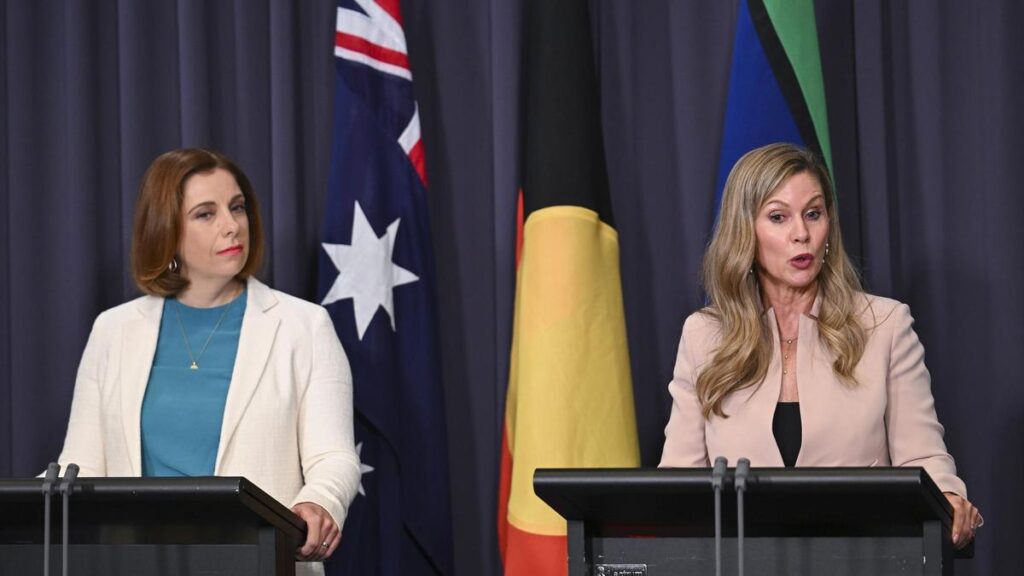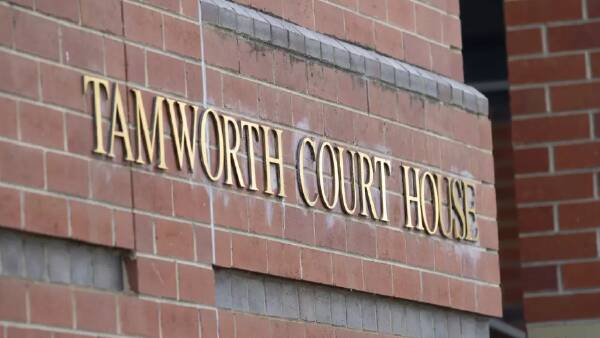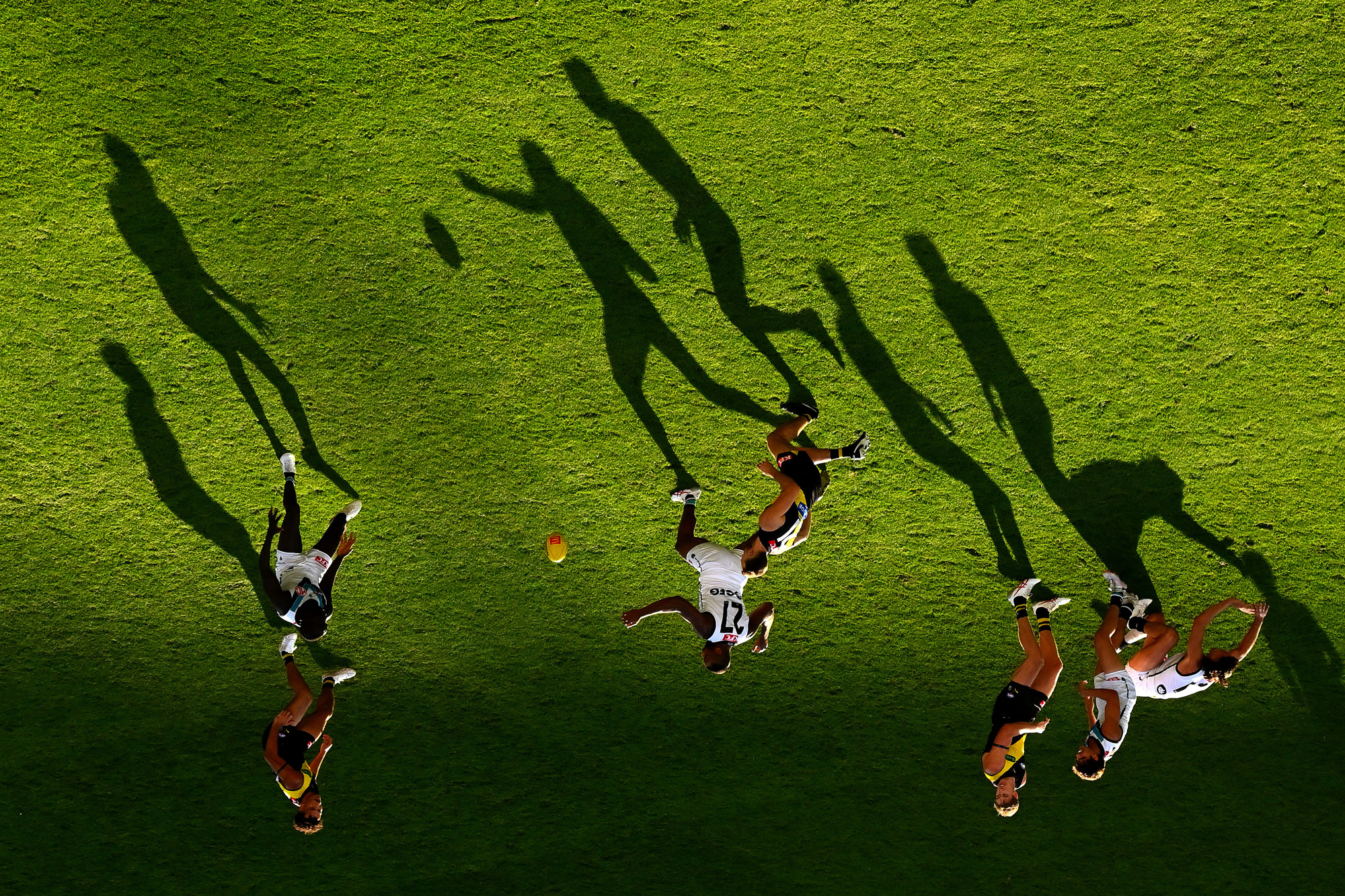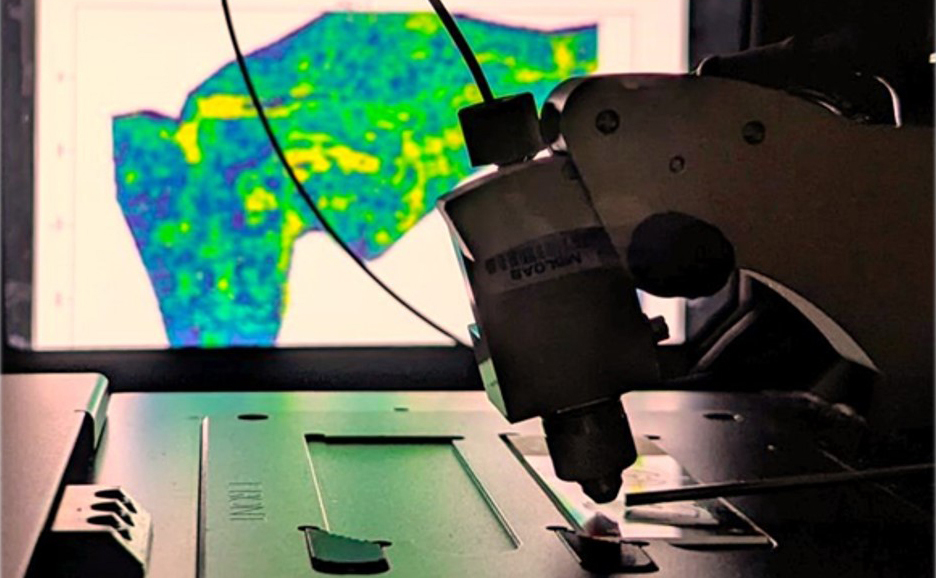
URGENT UPDATE: With only 30 days until the December 10 implementation of a social media ban for children under 16, Australian parents are being urged to engage in critical discussions with their children. Communications Minister Anika Wells confirmed that the ban is non-negotiable and that parental consent will not permit underage access to platforms like Facebook, Instagram, and TikTok.
Mental health experts warn that this abrupt shift may leave children feeling unsettled and confused. Parents are encouraged to monitor their children’s online activities and prevent any attempts to circumvent the new regulations.
The Federal Opposition has raised concerns over the lack of clarity surrounding the enforcement of the ban. Melissa McIntosh, Opposition Communications spokesperson, demands transparency, stating, “We don’t know which age verification technology is going to be used.” The call for clear guidelines comes as the government collaborates with mental health services to address potential emotional impacts on youth.
In an official announcement, Julie Inman Grant, the eSafety Commissioner, highlighted that support systems are being developed to help families navigate these changes. “A range of mental health and educational NGOs have assisted us in creating empathetic public guides,” she said.
Starting December 10, children under 16 will be prohibited from accessing platforms including Snapchat, Threads, X, YouTube, Kick, and Reddit. Platforms failing to comply with the regulations could face hefty fines of up to $49.5 million. The law mandates that social media companies implement multiple age verification methods and cannot solely rely on government-issued IDs.
Experts anticipate varying reactions from young users. Georgie Harman, CEO of Beyond Blue, described the ban as a “big shift,” adding, “We encourage young people and their families to start preparing now.” Vikki Ryall, chief clinical officer at Headspace, emphasized the importance of open communication, urging families to discuss feelings and concerns about the impending changes.
To assist parents, the eSafety Commission has launched resources on their website, while health services have developed dedicated landing pages addressing potential emotional effects. As tech companies prepare for the ban, they are also expected to implement features that allow accounts belonging to users nearing the age limit to be frozen and reinstated upon their birthday.
This law has garnered international attention, with experts believing that Australia could set a precedent for other nations to follow suit. Professor Terry Flew of the University of Sydney stated, “While Australia is the first to adopt such restrictions, it is unlikely to be the last.”
Inman Grant has emphasized that ongoing monitoring will assess the long-term effects of these changes, looking for signs of healthier youth behaviors, such as increased outdoor activity and better sleep patterns.
As the deadline approaches, parents are reminded that they cannot legally consent to their children’s use of the banned platforms. “I want parents to have the ability to tell their children ‘it is against the law for me to let you use this platform’,” Minister Wells stated.
Critics argue that the government’s recent $14 million educational campaign, titled “For The Good Of,” does not sufficiently support families during this transition. Opposition spokesperson McIntosh expressed her skepticism, stating, “I think the Government’s letting Australians down.”
As the ban date nears, parents and children alike must prepare for this significant shift in online access. The impact will be felt not just on individual households, but potentially across global discussions surrounding social media regulation.
For immediate support and guidance, families can contact Kids Helpline at 1800 55 1800.






